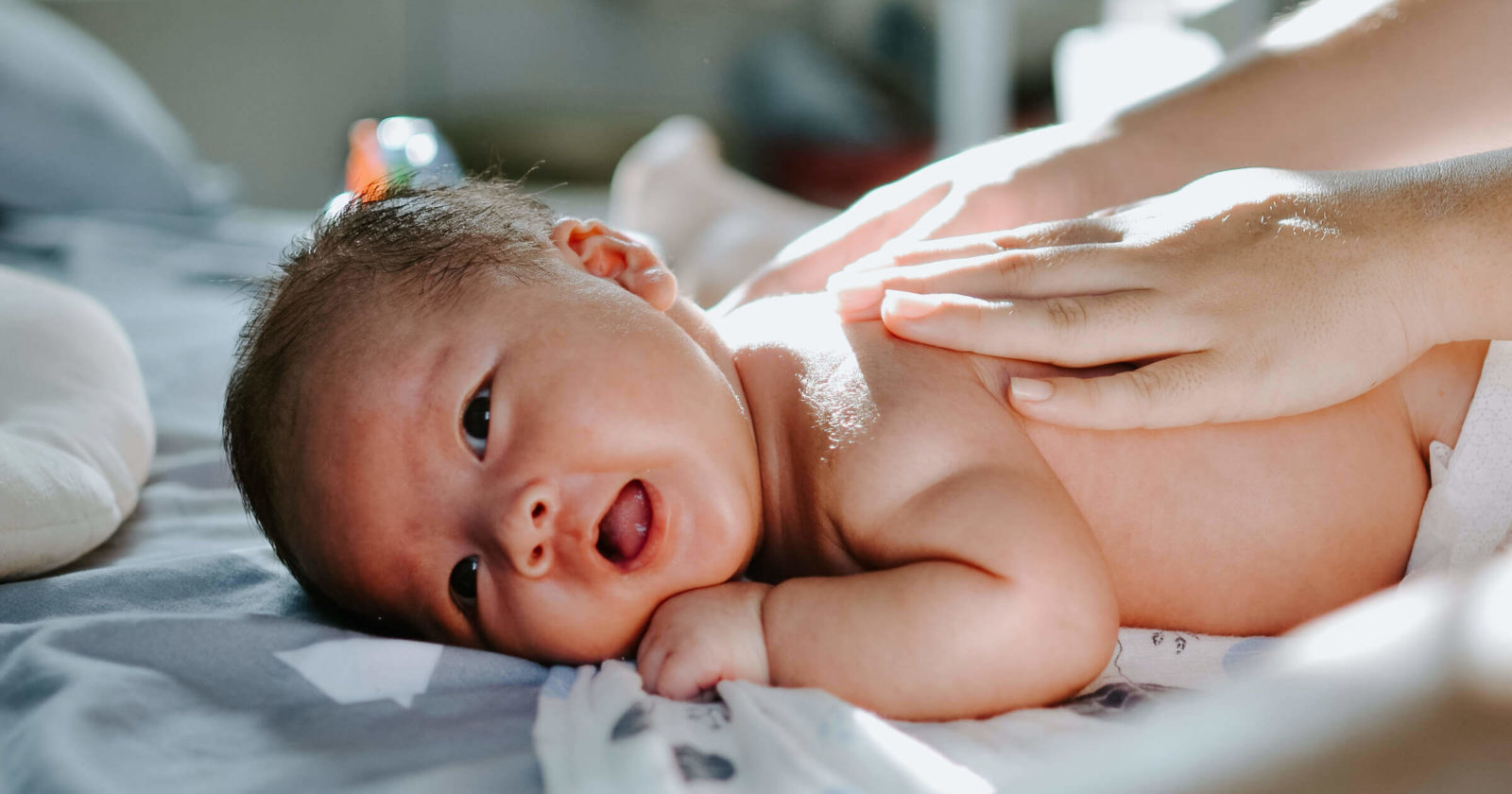Today marks the 52nd anniversary of the Abortion Act coming into effect – 6 months after it received Royal Assent.
Since then, a staggering 9,446,068* unborn babies have lost their lives to abortion in England, Scotland and Wales — more than one death every three minutes; 20 lives ended every hour.
Almost 1 in 4 (24%) pregnancies in England and Wales now ends in abortion, according to the most recent figures.
Compared with 1969 – the first year with complete figures for a total number of abortions – where there were 54,819 abortions, there has been a 270% increase in the total number of pregnancies ending in abortion in England and Wales.
The number of resident abortions in England & Wales is also at an all-time high at 200,608, with the total number in the UK at a ten year high with 205,295.
Record abortion figures will likely increase
Unfortunately, that figure is likely to increase due to an extreme abortion regime recently coming into force in Northern Ireland.
The extreme legislation allows and abortion on demand up to 24-weeks and disability-selective abortion right up to birth – including for Down’s syndrome, cleft lip and club foot.
The Northern Ireland Department of Health announced that it would allow medical professionals to begin providing abortions earlier this month. The first abortions are now likely to have taken place.
A lucrative industry
Since the passing of the Act, what was once a crime has become a lucrative industry. Abortion provider Marie Stopes International’s chief executive earned £434,500 last year, according to the latest accounts released by Companies House.
The accounts also show the abortion provider had a record income of £296.8 million from operations here in the UK and overseas, receiving over £48 million in 2018 from the Department for International Development (DfID), who remain their single largest donor.
The amount that Mr Cooke was paid in 2018 would put him in the top-10 highest earners in the charity sector. 38 of MSI’s employees were paid more than £100,000. BPAS, the UK’s largest abortion provider, paid 7 of its staff over £100,000 in 2017
The Department for International Development (DfID) has increased the UK Government’s financial contributions to Marie Stopes International for overseas abortions by over 5000% in the last 12 years. The figure rose from £905,000 in 2006 to £48,173,000 in 2018.
Financial statements for the company found in Companies House reveal that since 2006 DfID has given over £300 million worth of taxpayers’ money to Marie Stopes International, with over three-quarters of that total given between 2014 and 2018.
An unsafe industry
While abortion bosses in the UK receive record salaries and Government contributions, standards at abortion facilities across the UK continue to place women at risk.
Over 60% of England’s abortion clinics are rated inadequate or require improvement when it comes to safety.
In recent months, the CQC has released alarming reports detailing health and safety abuses at two of the largest abortion clinics in the UK.
Earlier this year, inspectors found an abortion clinic in London which specialises in late-term terminations was putting the lives of women at risk and, in November, the CQC handed BPAS Merseyside the worst rating of any private abortion provider so far.
A discriminatory industry
In England and Wales, people with disabilities have been unjustly and disproportionately targeted by abortion legislation.
Earlier this year, it was revealed the number of abortions performed on unborn babies with cleft lip and palate in England & Wales has increased 150% since 2011.
The latest available figures show that 90% of children diagnosed with Down’s syndrome before birth are aborted and that 3,269 disability-selective abortions took place in 2018.
There is also evidence of sex-selective abortions taking place in the UK.
An industry on limited time?
Heidi Crowter, a 24-year-old woman who has Down’s syndrome, has launched a landmark case against the UK Government over the current discriminatory abortion law which single out babies with disabilities.
Heidi’s legal challenge has generated widespread support from those with first-hand experience of Down’s syndrome, disability advocates and more, with over 3,500,000 people watching Heidi tell Channel 5 the current law is “deeply offensive”.
The UN Committee on the Rights of Persons with Disabilities’ concluding observations on the initial report of the United Kingdom of Great Britain and Northern Ireland made a key recommendation that the UK change its abortion law on disability so that it does not single out babies with disabilities.
Analysis of last year’s general election, conducted by pro-life charity Right To Life UK, revealed the number of pro-life MPs has increased while the pro-abortion lobby has lost a large number of MPs.
Right To Life UK frequently shares good news stories of women who have chosen life for their unborn child, often as they face repeated pressure from doctors to have a termination.
For example, the story of a boy with spina bifida who is now thriving at eight years old after his parents rejected pressure from doctors to have an abortion on five separate occasions.
These stories, along with the news service and social media posts, help change hearts and minds on life issues particularly in the face of a biased media.
Majority want safeguards for unborn babies
Opinion polls repeatedly show that the public wants increased protections for unborn babies and the number of abortions reduced – rather than the wholesale removal of legal safeguards around abortion.
Only 1% of the UK population want abortion to be available up to birth and over 70% of women want the abortion limit to be reduced to 20 weeks or lower.
Polling from earlier this year revealed that over 41% of Londoners believe abortion should be illegal in almost all circumstances.
Polling also revealed that two-thirds of women and 70% of 18-34-year-olds in Northern Ireland did not want Europe’s most extreme abortion law imposed on the province by Westminster.
A spokesperson for Right to Life UK, Catherine Robinson said:
“The UK’s abortion law is failing both women and unborn babies. It is a national tragedy that over 9,000,000 lives have been lost since the passing of the 1967 Abortion Act, each one a valuable human being who was denied the right to life.
“Every one of these abortions represents a failure of our society to protect the lives of babies in the womb and a failure to offer full support to women with unplanned pregnancies.
“We are always looking at how we can save more lives by ensuring that protections for unborn babies are introduced and safeguards are strengthened to protect both mothers and babies.”
On the 50th anniversary of the Abortion Act recieving Royal Assent, veteran human rights campaigner Lord Alton addressed a large group of pro-life campaigners, rallying against abortion, outside parliament about the scandal and shame of legalised abortion.
* This figure is a projection for England, Wales and Scotland through to midnight on 27/04/20 and has been calculated based on the following assumptions.
- The same number of abortions will take place in 2019 and 2020 in England, Wales and Scotland as 2018.
- The rate of abortions throughout the year is evenly distributed.












